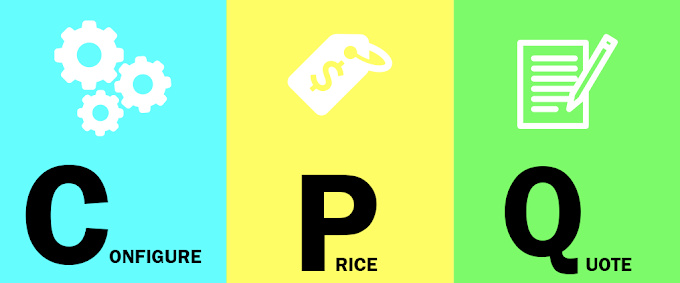As we all
know, a PunchOut catalog makes it easy for B2B customers to conduct
transactions with their respective suppliers. It provides a simpler way to
interact with the supplier’s site. These customers no longer have to depend on
CIF catalog to manage their transactions. Moreover, PunchOut technology supports
electronic PO, which helps to facilitate the purchasing process. Believe or not, but technology has now become
a mandatory requirement to do business with large buying organizations. From
the customer’s perspective, PunchOut offers many advantages, the most important
being no browsing through entire supplier catalog to access Contract products.
PunchOut Flow Explained
As we all know,
B2B customers commonly use a procurement application such as Ariba through
which all purchasing transactions are initiated. Keeping this in mind,
following are the steps in the Ariba PunchOut catalog process:
·
In
order to start a PunchOut session, the customer has to first log into his
procurement system. He logs using the given credentials (username/password).
·
After
login, the customer is able to view the link of Ariba PunchOut catalog. Upon clicking the link, the customer
reaches the supplier’s site and is able to view his pre-approved supplier
catalog. The connection between the procurement application and the supplier’s
site is maintained while the customer is browsing through the Contract catalog.
·
Once
the products are selected and added to the cart, you will notice a completely
different checkout process. Unlike B2C process, the cart does not remain in the
supplier’s site. Instead, it is transferred back to the procurement
application.
·
In
the procurement application, the cart will be routed to the approval authority.
The concerned authority will verify whether the right products have been chosen
and moreover evaluate whether the shopping cart fits their budget.





0 Comments